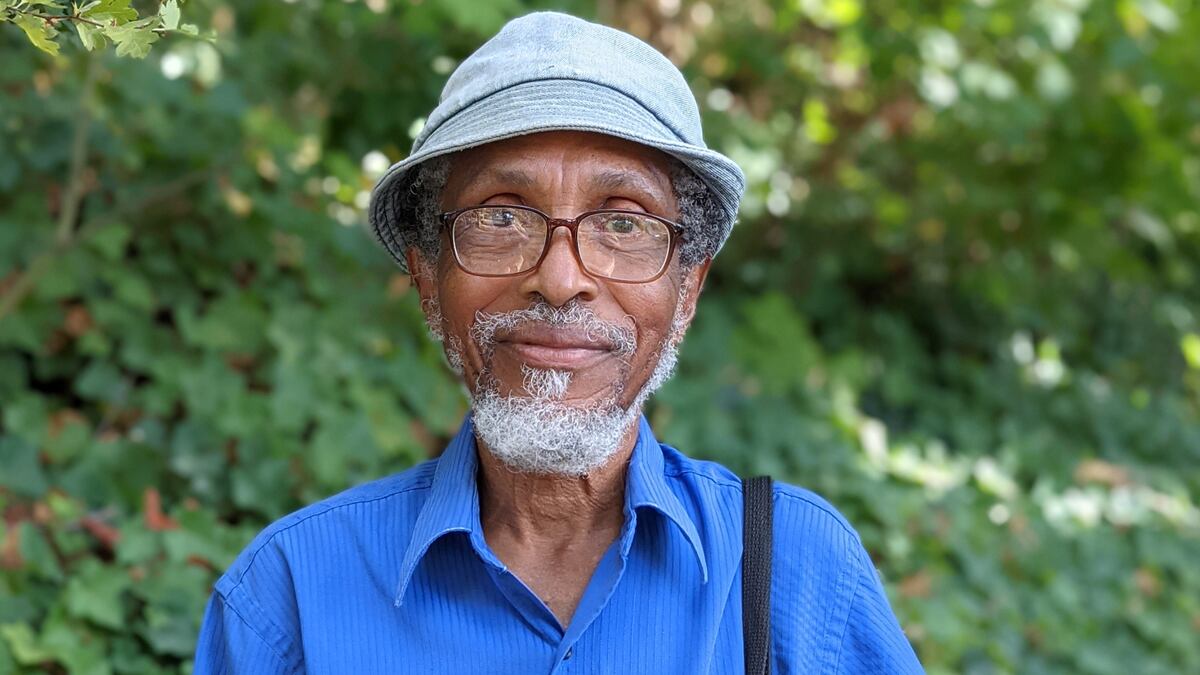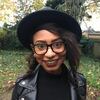At this point, it’s more than obvious that Portland has racial housing disparities to grapple with. What may not be so obvious, however, is the root of the problem. That knowledge gap piqued the interest of local producer-writer Noah Dunham, leading to the creation of a new racial history podcast called Our Fires.
Though years in the making, the subject matter of Our Fires dates back further than that. Dunham, born and raised in Northeast Portland, repeatedly found himself immersed in conversations about the displacement of the city’s Black residents. He decided to use that dialogue as a jumping-off point for the audio documentary, and with the help of director and actor James R. Dixon, Our Fires offers a snapshot of what planned gentrification and inequality has looked like for three generations Black Portlanders—OB Hill, Donna Maxey and Cleo Davis—starting with Vanport in the 1940s and working up to today.
WW spoke with both Dunham and Dixon about the origins of the podcast, what they hope listeners take away from it and, ideally, the next steps to create change.
WW: How did Our Fires begin and why did you decide to limit yourselves to three episodes?
Noah Dunham: This was a pursuit of passion. Instead of making what could have been a six- or seven-part podcast, the focus turned to three different people from three different generations. That seemed to be the more specific and more captivating story arc than just interview after interview.
James R. Dixon: Noah and I both come from a theater background, and I have also been a news producer. A lot of times, when you ask people to tell you about their lives, you’ve got to pull it out of them. Even if they want to meet with you, the thing about it is, it’s all about trust. How do I motivate this person to be a part of this exchange? That was something that really resonated for me—understanding how these folks have stories and that people deserve to hear them, and people certainly deserve to know the truth.
Will you ever release more episodes?
Dunham: Certainly. We knew the goal was to get these out there, but James and I have talked about how it would be cool to continue to talk to folks in the Black community. One of the main reasons for the podcast was, when we first started, I was sitting here as an uninformed white dude. I was born and raised in Northeast Portland, but the stories that OB, Donna and Cleo told—I got none of that history when I was growing up. It was basically a research project for myself trying to figure out why gentrification was happening. I was calling it gentrification without knowing that gentrification is actually a byproduct of city planning that happened for the better half of a century in Portland. Once I started teasing that out, I wanted more people to know.
Dixon: We now know that’s by design. There’s so much rich history here in this town. I don’t see any reason why this can’t keep going, because there’s always going to be more stories to tell, and there’s always going to be a demographic of people who have no idea what’s happening to others that live right here in this city.
What do you hope the podcast will add to the larger conversations that the Black community was already trying to have with white Portlanders?
Dunham: I got the idea to start doing this research when I was working for organizations that were opening a public courtyard in a new development on Fremont and Williams. I was helping them with outreach to try to get people from the Black community—because traditionally the Black community lived in that area—to come participate. That’s when I started my relationship with Cleo Davis, who’s in the third episode. Cleo and his wife, Kayin, had been working on a public art installation called the Historic Black Williams Project, and we asked them to come show some of their art. Cleo and I had some really good, butting-heads type of conversations, where he was trying to wake me up that [the courtyard] was to placate the guilty thoughts, possibly, of the developers. That’s when I started to think about recording these talks with Cleo and he was open to it.
Dixon: When Noah reached out to me, I was like, “What are you doing? There’s a lot of well-meaning white people that want to work with me, so don’t waste my time.” But something that really resonated for me is the fact that he was actively in the community building relationships. He’s built up trust with folks, and that means a lot. Even though Noah is white, I think moving forward in this world, there’s not a lot that we can accomplish without having dialogue.
Do you really feel like white Portlanders will ultimately learn from the messages in Our Fires, or do you feel like part of their allyship is self-serving?
Dunham: It’s a very good question. I know for myself, it became a project in which I felt like I wanted to put it together specifically so that the community of folks I grew up around who aren’t there anymore felt honored, and the community of folks I lived amongst, specifically white people in Northeast Portland, understood the history of the neighborhood.
Dixon: With what happened with George Floyd in the past year, I was frustrated for a lifetime of white ignorance. When it comes to work like this, I just like to believe that if you’re here, you’re coming here because you want to engage and you want to learn something. Listening to the podcast isn’t going to change the world, but making some actionable changes in your life definitely will, so I’m always looking for what the next step is. We all have to find ways to engage in this work if we want to have systemic change.
LISTEN: Our Fires streams on multiple platforms, including iTunes, SoundCloud and Spotify.

